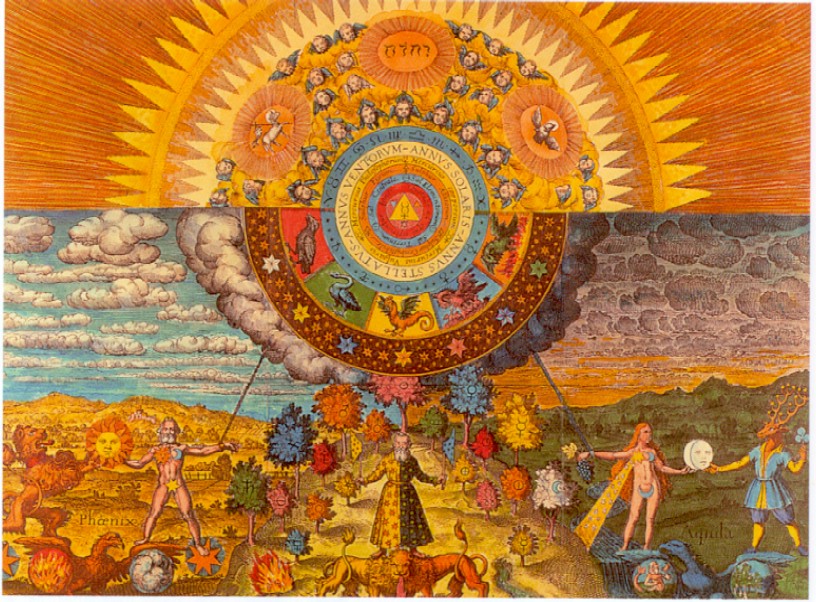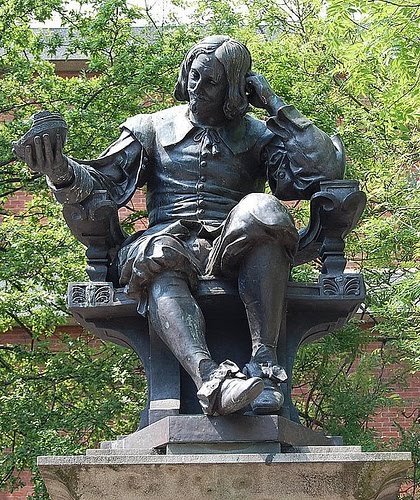 Last night as part of my continuing comparative study between the film of the book , I watched 'The Piano' (1993). Jane Campion, (b.1954), the director of the film, is also author of the novella, 'The Piano'. Her novella, written after the film's making (1994), is in this case more of a development than an adaptation, adding new insights into the character's past history.
Last night as part of my continuing comparative study between the film of the book , I watched 'The Piano' (1993). Jane Campion, (b.1954), the director of the film, is also author of the novella, 'The Piano'. Her novella, written after the film's making (1994), is in this case more of a development than an adaptation, adding new insights into the character's past history.'The Piano' is a great triumph for several reasons. Most notably the combination of director Jane Campion's ten years dedication spent writing the story, and the actress Holly Hunter's portrayal of the emotions of the central character, Ada MacGrath, a role which consolidated Holly Hunter's acting career. She plays the part of Scottish pianist and mute, who arrives in New Zealand for an arranged marriage, little more than a mail-order bride. It's no small achievement to act a non-speaking role throughout an entire film and yet still be extremely expressive. The picture of the beautiful and broody Ms. Hunter wearing a Victorian bonnet is one of the film's great images. In addition to the fine acting of Holly Hunter which won her an Academy award, the supporting roles of Ada's frustrated husband and her lover are admirably realized by Sam O'Neill and Harvey Keitel respectively. The role of Ada's nine-year old daughter, Flora, earned Anna Paquin an award for supporting actress, the second youngest ever actress to win win such an award. The film is further enhanced by the lyrical music score of the composer Michael Nyman.
The triangular relationship between Ada, her husband Alisdair Stewart, and George Baines, is set against a backdrop of early colonial New Zealand, one of mud, deforestation and the indigenous Maori population. The film's plot is in essence an evolving love story which is propelled by two short scenes of sex and violence. There's also a good deal of subtle eroticism in the scenes which involve Ada and Baines in their negotiations over ownership of the piano, which itself is no minor 'character' .
Having also recently read the novella, 'The Piano' several interpretative points are worth mentioning. The film, unlike the book, engages in little of the book's internal dialogue other than Ada's short voice-over at its beginning and ending. The entire role of music and the emotion's which it evokes is naturally far less achievable in a novel, while the static nature of internal dialogue is less of a feature in most films. The viewer thus relies upon the acting skills of the central characters to explain why, for example, George Baines is entranced by Ada's piano-playing. But it is the near hypnotic ability of film to involve the viewer in a far greater immediate emotional response than reading can sometimes achieve, through the use of music, but also through graphic imagery, which strongly differentiates film from book.
In the case of 'The Piano' the music is an integral part of the story which further enhances empathy with the characters. The composer Michael Nyman (b. 1944) is quite simply the best of British composers, his previous collaborations with the film-maker Peter Greenaway, introduced him to a wide audience, and in fact the strong rhythmic impetus and gorgeous lyricism of his film-score has ensured that it stands as an enjoyable piano concerto in its own right.
By a curious coincidence like the film 'Respiro', which I reviewed in May 'The Piano' also involves a denouement in which the heroine is rescued and 're-born' in water surrounded by a small crowd of swimmers.
In many ways the success of the film 'The Piano' is the sum total of a harmonious artistic collaboration between director, actors and composer. It's a pity that more films are not so well constructed in direction, acting and sound-track.

































2 comments:
First I must view "Perfune" of which I received the DVD two days ago, but your review makes me want to get "The Piano", too. Sometimes I get put off by publicity or by the Oscars awards on television. It was that way, years earlier, for "The Seventh Seal". But one movie at a time, and I'm still mulling over something else.
I am trying to only review films of high quality which I hope cannot possibly disappoint!
Post a Comment